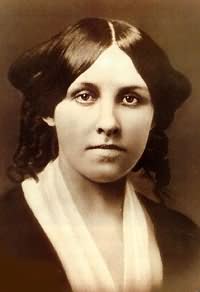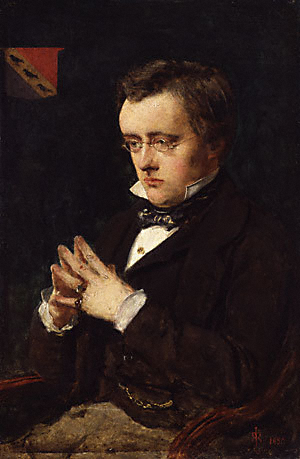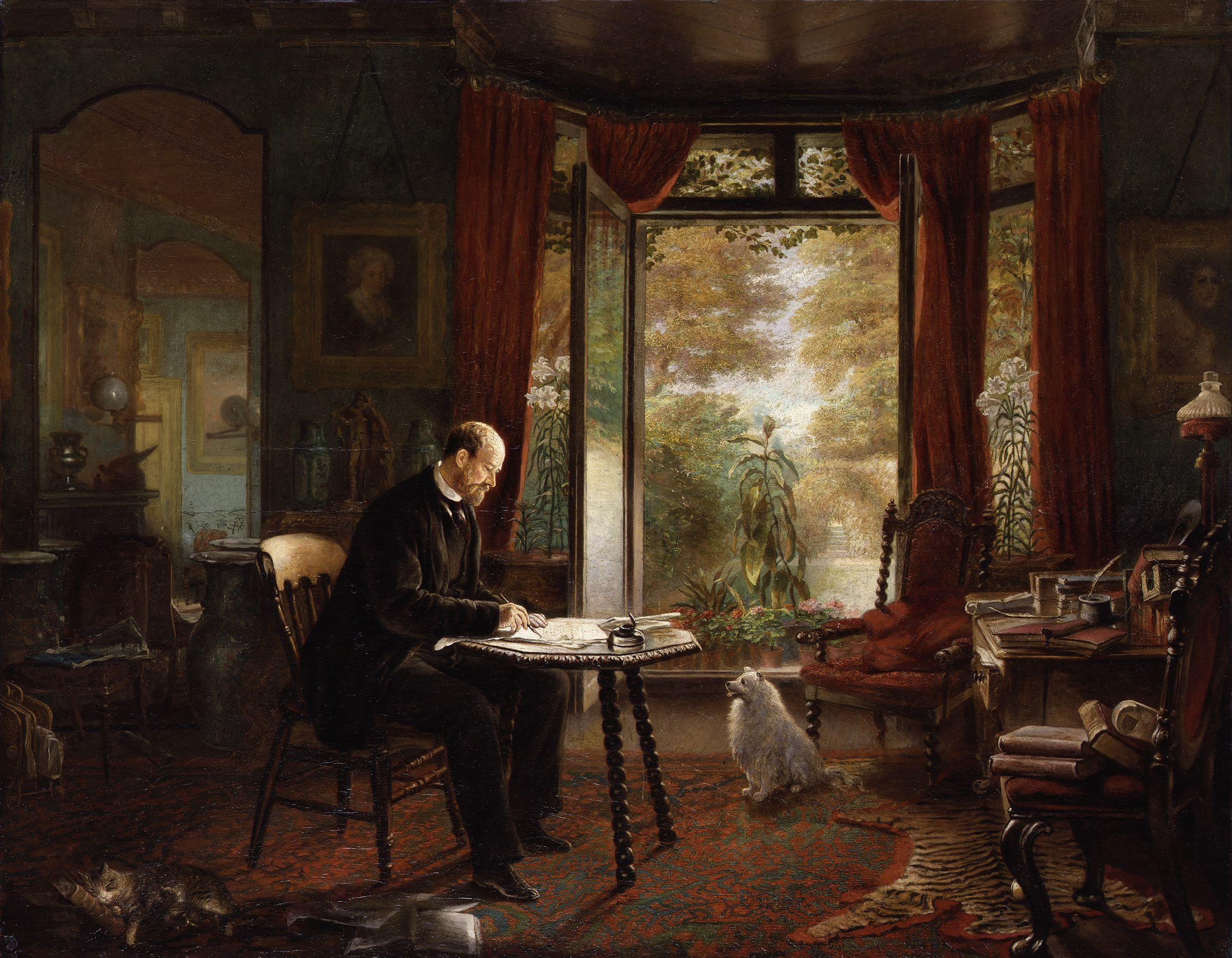|
Theatre-fiction
Theatre-fiction refers to novels and short-stories that focus on theatre. Characters often include actors, playwrights, directors, prompters, understudies, set designers, critics, or casting agents. Common settings may include theatre auditoriums, dressing rooms, rehearsal spaces, or other places in which theatre is created and performed. Theatre-fiction may engage with and represent many different varieties of theatre, from performances of Shakespearean tragedy to Kabuki theatre to pantomime or marionette shows. List of novels and stories about theatre The novels and stories in this list share a substantial and sustained focus on theatre. Many of them could be described as "theatre-novels" or "theatre-stories", as Graham Wolfe has defined these terms (Wolfe is referring to works whose engagement with theatre as artistic practice or industry "is sufficiently developed to become a ''dominant''" in the textWolfe, Graham. ''Theatre-Fiction in Britain from Henry James to Doris Lessing: ... [...More Info...] [...Related Items...] OR: [Wikipedia] [Google] [Baidu] |
Paul Scarron
Paul Scarron (c. 1 July 1610 in Paris – 6 October 1660 in Paris) (a.k.a. Monsieur Scarron) was a French poet, dramatist, and novelist, born in Paris. Though his precise birth date is unknown, he was baptized on 4 July 1610. Scarron was the first husband of Françoise d'Aubigné, who later became Madame de Maintenon and secretly married King Louis XIV of France. Life Scarron was the seventh child of Paul Scarron, a noble of the robe and member of the Parlement of Paris, and Gabrielle Goguet. Paul became an abbé when he was nineteen. He lived in Le Mans from 1632 to 1640, and in 1635 traveled to Rome with his patron, Charles de Beaumanoir, the bishop of Le Mans. Finding a patron in Marie de Hautefort, maîtresse-en-titre of Louis XIII, he became a well-known figure in literary and fashionable society. In 1638, Scarron became disabled. One source (Laurent Angliviel de la Beaumelle, ''Memoires... de Mme de Maintenon'') attributed Scarron's deformities to rheumatism contrac ... [...More Info...] [...Related Items...] OR: [Wikipedia] [Google] [Baidu] |
Edgar Allan Poe
Edgar Allan Poe (; Edgar Poe; January 19, 1809 – October 7, 1849) was an American writer, poet, editor, and literary critic. Poe is best known for his poetry and short stories, particularly his tales of mystery and the macabre. He is widely regarded as a central figure of Romanticism in the United States, and of American literature. Poe was one of the country's earliest practitioners of the short story, and considered to be the inventor of the detective fiction genre, as well as a significant contributor to the emerging genre of science fiction. Poe is the first well-known American writer to earn a living through writing alone, resulting in a financially difficult life and career. Poe was born in Boston, the second child of actors David and Elizabeth "Eliza" Poe. His father abandoned the family in 1810, and when his mother died the following year, Poe was taken in by John and Frances Allan of Richmond, Virginia. They never formally adopted him, but he was with them well ... [...More Info...] [...Related Items...] OR: [Wikipedia] [Google] [Baidu] |
Louisa May Alcott
Louisa May Alcott (; November 29, 1832March 6, 1888) was an American novelist, short story writer, and poet best known as the author of the novel ''Little Women'' (1868) and its sequels ''Little Men'' (1871) and ''Jo's Boys'' (1886). Raised in New England by her Transcendentalism, transcendentalist parents, Abigail May and Amos Bronson Alcott, she grew up among many well-known intellectuals of the day, such as Ralph Waldo Emerson, Nathaniel Hawthorne, Henry David Thoreau, and Henry Wadsworth Longfellow. Alcott's family suffered from financial difficulties, and while she worked to help support the family from an early age, she also sought an outlet in writing. She began to receive critical success for her writing in the 1860s. Early in her career, she sometimes used pen names such as A. M. Barnard, under which she wrote lurid short stories and sensation novels for adults that focused on passion and revenge. Published in 1868, ''Little Women'' is set in the Alcott family home, Or ... [...More Info...] [...Related Items...] OR: [Wikipedia] [Google] [Baidu] |
No Name (novel)
''No Name'' is a novel by Wilkie Collins, first published in 1862. Illegitimacy is a major theme of the novel. It was originally serialised in Charles Dickens' magazine '' All the Year Round'' before book publication. Plot summary The story is told in eight major parts, called Scenes. Scene One begins in 1846, at Combe-Raven in West Somerset, the country residence of the wealthy Vanstone family: Andrew Vanstone, his wife, and their two daughters. Norah, age 26, is happy and quiet; Magdalen, 18, is beautiful but volatile and willful. The family lives in peace and contentment, with the girls' former governess, Miss Garth. Through amateur theatricals, Magdalen discovers she is a talented actress and falls in love with Frank Clare, who is also in the play. Frank, the idle but handsome son of a neighbour, has reluctantly tried to pursue a career but failed, and his father is not wealthy. However, the young couple wish to marry and Magdalen's fortune will easily support them. Thei ... [...More Info...] [...Related Items...] OR: [Wikipedia] [Google] [Baidu] |
Wilkie Collins
William Wilkie Collins (8 January 1824 – 23 September 1889) was an English novelist and playwright known especially for ''The Woman in White (novel), The Woman in White'' (1859), a mystery novel and early "sensation novel", and for ''The Moonstone'' (1868), which has been proposed as the first modern English detective novel. Born to the London painter William Collins (painter), William Collins and his wife, Harriet Geddes, he moved with them to Italy when he was twelve, living there and in France for two years, learning both Italian language, Italian and French language, French. He worked initially as a tea merchant. After ''Antonina'', his first novel, appeared in 1850, Collins met Charles Dickens, who became a friend and mentor. Some of his work appeared in Dickens's journals ''Household Words'' and ''All the Year Round''. They also collaborated on drama and fiction. Collins gained financial stability and an international following by the 1860s, but became addicted to the op ... [...More Info...] [...Related Items...] OR: [Wikipedia] [Google] [Baidu] |
Great Expectations
''Great Expectations'' is the thirteenth novel by Charles Dickens and his penultimate completed novel. It depicts the education of an orphan nicknamed Pip (Great Expectations), Pip (the book is a ''bildungsroman''; a coming-of-age story). It is Dickens' second novel, after ''David Copperfield'', to be fully narrated in the first person.''Bleak House'' alternates between a third-person narrator and a first-person narrator, Esther Summerson, but the former is predominant. The novel was first published as a serial (literature), serial in Dickens's weekly periodical ''All the Year Round'', from 1 December 1860 to August 1861. In October 1861, Chapman and Hall published the novel in three volumes. The novel is set in Kent and London in the early to mid-19th century and contains some of Dickens's most celebrated scenes, starting in a graveyard, where the young Pip is accosted by the escaped convict Abel Magwitch. ''Great Expectations'' is full of extreme imagery – poverty, prison ... [...More Info...] [...Related Items...] OR: [Wikipedia] [Google] [Baidu] |
Annie Edwards
Annie Edwards (c. 1830–1896), also known as Annie Edwardes, was a popular English novelist in the Victorian era. Three of her 21 books were adapted for the theatre. Perhaps her best-known work is her 1866 novel, ''Archie Lovell'', which the playwright F. C. Burnand adapted in 1874. Life and career Annie Cook was born in approximately 1830, was married to John Edwards and had one known child, a son, born in 1859. No one has yet discovered her exact birthplace or hometown, although the location of her novels suggest that she spent part of her life in the Channel Islands. When she became an established author, she began to use the surname "Edwardes", perhaps to differentiate her work from her female contemporaries, Amelia Edwards and Matilda Betham-Edwards. Her literary career began in 1858 with the publication of her first novel, ''The Morals of May Fair''. '' The Examiner'' called it "one of the cleverest novels of the day," and the ''Literary Gazette'', though lamenting its ov ... [...More Info...] [...Related Items...] OR: [Wikipedia] [Google] [Baidu] |
Albert Richard Smith
Albert Richard Smith (24 May 181623 May 1860) was an English author, entertainer, and mountaineer. Biography Literary career Smith was born at Chertsey, Surrey. The son of a surgeon, he studied medicine in London and in Paris, and his first literary effort was an account of his life in Paris, which appeared in the ''Mirror''. He gradually abandoned his medical work in favour of writing. Though a journalist rather than a literary figure, he was one of the most popular writers of his time, and a favourite humorist. He was one of the early contributors to ''Punch'' 1842, and was also a regular contributor to Richard Bentley's ''Miscellany'', in whose pages his first and best book, the novel ''The Adventures of Mr Ledbury'', appeared in 1842. His other novels were ''The Fortunes of the Scattergood Family'' (1845), ''The Marchioness of Brinvilliers: The Poisoner of the Seventeenth Century'' (1846), ''The Struggles and Adventures of Christopher Tadpole'' (1848), and ''The Pottleto ... [...More Info...] [...Related Items...] OR: [Wikipedia] [Google] [Baidu] |
Peg Woffington (novel)
''Peg Woffington'' is an 1853 novel by the British author Charles Reade. It was inspired by the popular stage play ''Masks and Faces'' which he had co-written with Tom Taylor the previous year.Sutherland p.530 Reade portrayed the London success of the Irish actress Peg Woffington (1720-1760) and featured other prominent figures of the days such as David Garrick David Garrick (19 February 1717 – 20 January 1779) was an English actor, playwright, theatre manager and producer who influenced nearly all aspects of European theatrical practice throughout the 18th century, and was a pupil and friend of Sa .... References Bibliography * Sutherland, John. ''The Longman Companion to Victorian Fiction''. Routledge, 2014. 1853 British novels Novels set in England Novels by Charles Reade British novels adapted into films {{1850s-hist-novel-stub ... [...More Info...] [...Related Items...] OR: [Wikipedia] [Google] [Baidu] |
Charles Reade
Charles Reade (8 June 1814 – 11 April 1884) was a British novelist and dramatist, best known for '' The Cloister and the Hearth''. Life Charles Reade was born at Ipsden, Oxfordshire, to John Reade and Anne Marie Scott-Waring, and had at least four brothers. He studied at Magdalen College, Oxford, taking his B.A. in 1835, and became a fellow of his college. He was subsequently dean of arts and vice-president, taking his degree of D.C.L. in 1847. His name was entered at Lincoln's Inn in 1836; he was elected Vinerian Fellow in 1842, and was called to the bar in 1843.Edwards, P.D. "Charles Reade." ''Oxford Dictionary of National Biography.'' He kept his fellowship at Magdalen all his life but, after taking his degree, he spent most of his time in London. William Winwood Reade, the influential historian, was his nephew. Writings Reade began his literary career as a dramatist, and he chose to have "dramatist" stand first in the list of his occupations on his tombstone. As an auth ... [...More Info...] [...Related Items...] OR: [Wikipedia] [Google] [Baidu] |
Villette (novel)
''Villette'' () is an 1853 novel written by English author Charlotte Brontë. After an unspecified family disaster, the protagonist Lucy Snowe travels from her native England to the fictional French-speaking city of Villette to teach at a girls' school, where she is drawn into adventure and romance. ''Villette'' was Charlotte Brontë's third and last novel published during her life. It was preceded in writing by '' The Professor'' (her posthumously published first novel, of which ''Villette'' is a reworking, though still not very similar), ''Jane Eyre'', and ''Shirley''. Author's background In 1842 Charlotte Brontë, at the age of 26, travelled to Brussels, Belgium, with her sister Emily. There they enrolled in a ''pensionnat'' (boarding school) run by M. and Mme. Constantin Héger. In return for board and tuition, Charlotte taught English and Emily taught music. The sisters' time at the ''pensionnat'' was cut short when their aunt, Elizabeth Branwell, died in October 1842. ... [...More Info...] [...Related Items...] OR: [Wikipedia] [Google] [Baidu] |
Charlotte Brontë
Charlotte Brontë (, commonly ; 21 April 1816 – 31 March 1855) was an English novelist and poet, the eldest of the three Brontë sisters who survived into adulthood and whose novels became classics of English literature. She enlisted in school at Roe Head in January 1831, aged 14 years. She left the year after to teach her sisters, Emily and Anne, at home, returning in 1835 as a governess. In 1839, she undertook the role of governess for the Sidgwick family, but left after a few months to return to Haworth, where the sisters opened a school but failed to attract pupils. Instead, they turned to writing and they each first published in 1846 under the pseudonyms of Currer, Ellis, and Acton Bell. Although her first novel, '' The Professor'', was rejected by publishers, her second novel, ''Jane Eyre'', was published in 1847. The sisters admitted to their Bell pseudonyms in 1848, and by the following year were celebrated in London literary circles. Charlotte Brontë was the ... [...More Info...] [...Related Items...] OR: [Wikipedia] [Google] [Baidu] |






